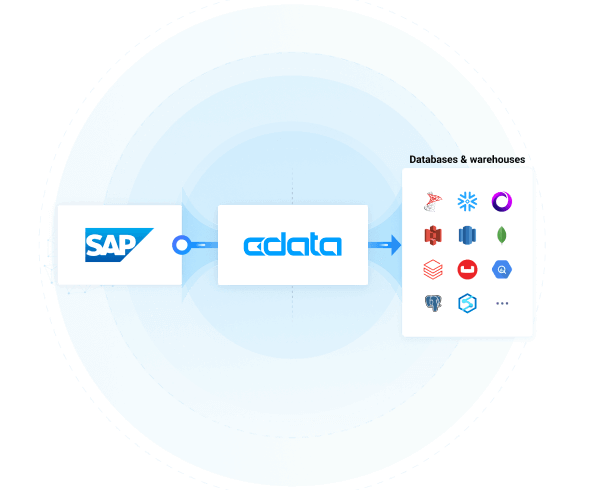Discover how a bimodal integration strategy can address the major data management challenges facing your organization today.
Get the Report →How to work with Google Calendar Data in Apache Spark using SQL
Access and process Google Calendar Data in Apache Spark using the CData JDBC Driver.
Apache Spark is a fast and general engine for large-scale data processing. When paired with the CData JDBC Driver for Google Calendar, Spark can work with live Google Calendar data. This article describes how to connect to and query Google Calendar data from a Spark shell.
The CData JDBC Driver offers unmatched performance for interacting with live Google Calendar data due to optimized data processing built into the driver. When you issue complex SQL queries to Google Calendar, the driver pushes supported SQL operations, like filters and aggregations, directly to Google Calendar and utilizes the embedded SQL engine to process unsupported operations (often SQL functions and JOIN operations) client-side. With built-in dynamic metadata querying, you can work with and analyze Google Calendar data using native data types.
Install the CData JDBC Driver for Google Calendar
Download the CData JDBC Driver for Google Calendar installer, unzip the package, and run the JAR file to install the driver.
Start a Spark Shell and Connect to Google Calendar Data
- Open a terminal and start the Spark shell with the CData JDBC Driver for Google Calendar JAR file as the jars parameter:
$ spark-shell --jars /CData/CData JDBC Driver for Google Calendar/lib/cdata.jdbc.googlecalendar.jar - With the shell running, you can connect to Google Calendar with a JDBC URL and use the SQL Context load() function to read a table.
You can connect to Google APIs on behalf of individual users or on behalf of a domain. Google uses the OAuth authentication standard. See the "Getting Started" section of the help documentation for a guide.
Built-in Connection String Designer
For assistance in constructing the JDBC URL, use the connection string designer built into the Google Calendar JDBC Driver. Either double-click the JAR file or execute the jar file from the command-line.
java -jar cdata.jdbc.googlecalendar.jarFill in the connection properties and copy the connection string to the clipboard.
![Using the built-in connection string designer to generate a JDBC URL (Salesforce is shown.)]()
Configure the connection to Google Calendar, using the connection string generated above.
scala> val googlecalendar_df = spark.sqlContext.read.format("jdbc").option("url", "jdbc:googlecalendar:").option("dbtable","VacationCalendar").option("driver","cdata.jdbc.googlecalendar.GoogleCalendarDriver").load() - Once you connect and the data is loaded you will see the table schema displayed.
Register the Google Calendar data as a temporary table:
scala> googlecalendar_df.registerTable("vacationcalendar")-
Perform custom SQL queries against the Data using commands like the one below:
scala> googlecalendar_df.sqlContext.sql("SELECT Summary, StartDateTime FROM VacationCalendar WHERE SearchTerms = beach trip").collect.foreach(println)You will see the results displayed in the console, similar to the following:
![Data in Apache Spark (Salesforce is shown)]()
Using the CData JDBC Driver for Google Calendar in Apache Spark, you are able to perform fast and complex analytics on Google Calendar data, combining the power and utility of Spark with your data. Download a free, 30 day trial of any of the 200+ CData JDBC Drivers and get started today.







